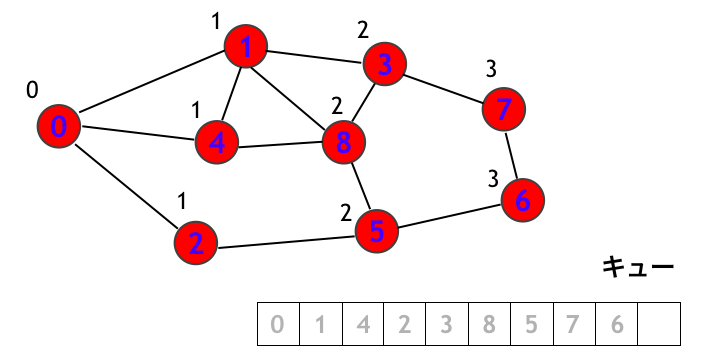BFS and DFS
BFS Template
A template in a python-ish pseudo-code for bfs

from collections import deque
def bfs(root, target):
step = 0
# Enqueue root node in queue
q = deque([root])
# Set to store visited nodes
visited = set(q)
while q:
size = len(q)
# Iterated the nodes which are already in the queue
for _ in range(size):
# Pop the first node in the queue
curr = q.popleft
if curr == target: return step
# Search all adjacent nodes of current node and append them to queue
for neighbor in (the adjacent nodes of curr):
# Skip if we already visited the node
if neighbor in visited continue:
q.append(neighbor)
visited.add(neighbor)
# Increment step for each search of the node
step+=1
# Return -1 if there is no target node
return -1
DFS Template
A template in a python-ish pseudo-code for dfs
# Recursion
def dfs(self, curr: int, target: int, visited: Set[int]):
# Base case
return True if curr == target
for next_node in (each neighbor of curr):
if next_node is not in visited:
visited.add(next_node)
self.dfs(next_node, target, visited)
return False
It seems like we don’t have to use any stacks when we implement DFS recursively. But actually, we are using the implicit stack provided by the system, also known as the Call Stack.

If the depth of recursion is too much, you will end up suffering from stack overflow.
In that case, you have to implement dfs using explicit stack.
# Iteration
def dfs(self, root: int, target: int) {
visited = set()
stack = [root]
while stack:
cur = stack.pop()
return True if cur == target
for next in (the neighbors of cur):
if next is not in visited:
visited.add(next)
stack.append(next)
return False
}
Reference
BFS (幅優先探索) 超入門! 〜 キューを鮮やかに使いこなす 〜
5.1 Graph Traversals - BFS & DFS -Breadth First Search and Depth First Search
